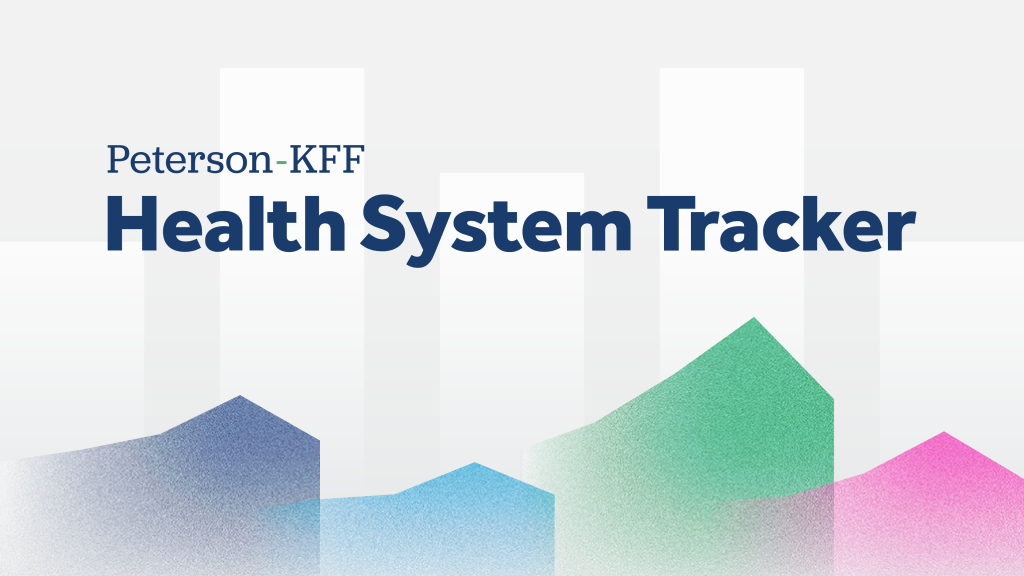How Much and Why Premiums are Going up for Small Businesses in 2026
This analysis of preliminary rate filings from 318 insurers across all 50 states and DC finds that small businesses with Affordable Care Act (ACA)-compliant plans could face a median premium increase of 11% for 2026.
